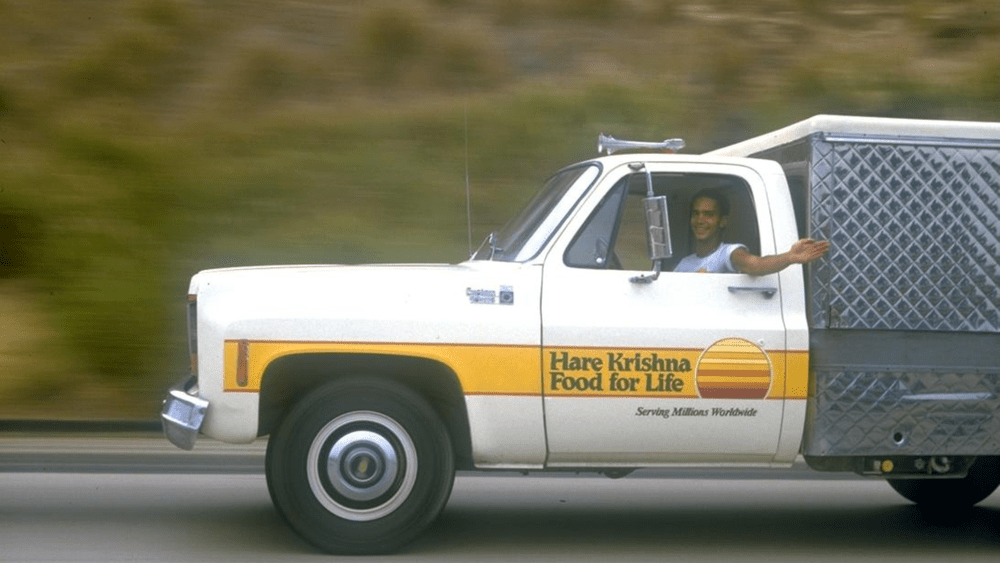Donating a car to charity can be a great way to support a cause you care about while also getting a tax deductions. Many charities accept car donations, which can be used for a variety of purposes, such as providing transportation for people in need or raising funds for the charity’s programs.
To donate a car, you will need to find a charity that accepts vehicle donation, fill out the necessary paperwork, and arrange for the car to be picked up or dropped off at the charity’s location. It is important to research the charity before donating and to get a receipt for your donation for taxes purposes.
There are several benefits to donating a car to charity, including:
1. Supporting a cause: Donating a car to charity allows you to support a cause that you care about and make a positive impact on the world.
2. Tax deduction: Donating a car to a qualified charity may allow you to claim a tax deduction on your federal income tax return.
3. Convenience: Many charities will arrange to pick up the vehicle from your location, making the donation process easy and convenient.
4. Environmentally friendly: Donating an old or unwanted vehicle can help keep it off the road, reducing pollution and helping to protect the environment.
5. Space and cost savings: Getting rid of an old or unwanted vehicle can free up space in your garage or driveway and save you the cost of maintaining or repairing the vehicle.
6. Helping those in need: Charities use the proceeds from the sale of donated cars to fund programs and services that help people in need, such as providing food, shelter, and medical care to those who are less fortunate.
7. Avoiding the hassles of selling privately: You don’t have to deal with the hassle and expense of advertising, showing the vehicle, and negotiating with buyers when you donate your vehicle to a charity.
There are a variety of types of vehicle donations to charity, including:
1. Cars: This includes sedans, coupes, hatchbacks, SUVs, and vans.
2. Trucks: This includes pick-up trucks, flatbed trucks, and box trucks.
3. Motorcycles: This includes both street and off-road motorcycles.
4. Recreational vehicles: This includes RVs, travel trailers, and campers.
5. Boats: This includes powerboats, sailboats, and personal watercraft.
6. Aircraft: This includes small planes and helicopters.
7. Farm equipment: This includes tractors, plows, and other equipment used on farms.
8. Construction equipment: This includes bulldozers, excavators, and other heavy machinery.
It’s important to note that the charity you choose may have specific guidelines on the types of vehicles they will accept. Some charities will only accept cars that are in running condition, while others will accept any vehicle regardless of its condition. It’s a good idea to check with the charity beforehand to see what they will accept.
Charities often ask for car donations because cars can be a valuable resource for them. They can use the cars to help support their programs and services, such as:
Providing transportation
Cars donated to charities can be used to provide transportation to people in need, such as the elderly, disabled, or those without access to a car. Charities often use car donations to provide transportation to people who have difficulty getting around, such as those who live in rural areas or have mobility issues.
This can make a big difference in the lives of people who need to get to appointments, go grocery shopping, or just run errands. It also helps them to maintain their independence and quality of life. Some charities also use cars to provide transportation for people who are looking for jobs or attending job training programs. This can help them to overcome transportation barriers and increase their chances of finding employment.
Raising funds
Some charities will use donated cars to raise funds through auctions or resale. They may choose to auction off the cars to the highest bidder, or they may choose to sell the cars to a dealer or at a retail lot. The proceeds from the sale of the car can then be used to support the charity’s programs and services.
This is a common practice among charities as it enables them to raise funds while providing donor with an easy and tax-efficient way to give back to their community. Some charities will also use a portion of the proceeds to cover the cost of transporting, storing, and preparing the car for resale.
It’s important to note that the amount of taxes deductions you can claim will depend on the selling price of the car and the fair market value of the car which is determined by the charity.
Supporting programs
Cars can also be used to support programs such as mobile kitchens, which are used to deliver food to people who are unable to leave their homes, or disaster relief program. Mobile kitchens are equipped with cooking and food storage facilities, and can be used to prepare and distribute hot meals to people in need.
This can be an especially important service during times of crisis, when access to food may be limited. Charities that operate mobile kitchens can use donated cars to transport the kitchen to different locations, as well as to deliver hot meals to people who are unable to leave their homes.
This can help to ensure that people have access to nutritious food and support during difficult times. Furthermore, the mobile kitchen may also act as a source of hope and comfort, providing not only food but also a sense of community and connection.
Job training
Some charities use vehicle donations to provide job training programs for people in need. The donations of cars can be used in a variety of ways to provide job training, such as:
Automotive repair training: Some charities may use donated cars to provide training in automotive repair and maintenance. This can help people to develop the skills they need to find employment in the automotive industry.
Driving lessons: Charities may use donated cars to provide driving lessons to people who lack access to transportation. This can help them to obtain a driver’s license and increase their chances of finding employment.
Job placement assistance
Charities may use donated cars to provide transportation for people who are looking for jobs or attending job training programs. This can help them to overcome transportation barriers and increase their chances of finding employment.
Vocational training
Charities may use donated cars to provide vocational training in fields like delivery, truck driving, logistics, etc.
By providing job training programs, charities can help people to acquire the skills and qualifications they need to find employment and improve their economic situation. This can in turn help them to become more self-sufficient and improve their overall quality of life.
By accepting vehicle donations, charities can put the vehicles to good use and support their mission, while providing donor with an easy and tax-efficient way to give back to their community.
You can donate any type of car, including sedans, SUVs, trucks, vans, motorcycles, boats, and RVs. Many organizations that accept donations will also accept other vehicles, such as trailers, ATVs, and even airplanes. The important thing is that the vehicle is in working condition or can be repaired easily.
If you are considering donating a car to charity, there are a few things to keep in mind:
Research the charity
Make sure that the charity you choose is reputable and that the proceeds from the sale of your car will be used for the intended purpose.
Check the vehicle’s value
The tax charitable deductions you can claim for a car donation is based on the vehicle’s fair market value. Research the value of your car using online resources such as Kelley Blue Book or NADA Guides.
Gather the necessary documents
Before you donate your vehicle, make sure you do the title transfer and registration for the vehicle. You will also need to fill out a donation form or online form provided by the charity.
Arrange for pick-up or drop-off
Many charities will arrange to pick up the vehicle from your location, but some may require you to drop it off. Be sure to ask about this when you make your donation.
Keep records for tax purposes
After you make your donation, the charity will give you a receipt that you can use to claim a tax deduction. Keep this receipt, along with any other records related to the donation, for your tax records.
In conclusion, car donation is a great way to support a charitable cause, get a tax deduction, and help the environment by getting an old vehicle off the road. There are a variety of types of vehicles that can be donated including cars, trucks, motorcycles, recreational vehicles, boats, aircraft, farm equipment, and construction equipment.
It’s important to research the charity you choose to ensure that it is reputable and that the proceeds from the sale of your vehicle will be used for the intended purpose. Additionally, make sure you have the necessary documents and keep records for tax purposes. Donating a car can be a convenient and easy way to make a positive impact on the world.








2 Comments
Hallo falls Ihr ein Kraftfahrzeug mit tuef fahrbereit an uns vergeben moechtet, wir werden es herzlich ihre wohltaetigkeit annehmen, es ist eine grosse hilfe fuer Mich und meine Tochter.
Danke in vorraus
M.Verbicaro
Hello Marilisa,
Thank you for contacting Food for Life Global.
Unfortunately we do not offer this type of assistance, our work is oriented towards the distribution of freshly prepared vegan meals to communities in need.